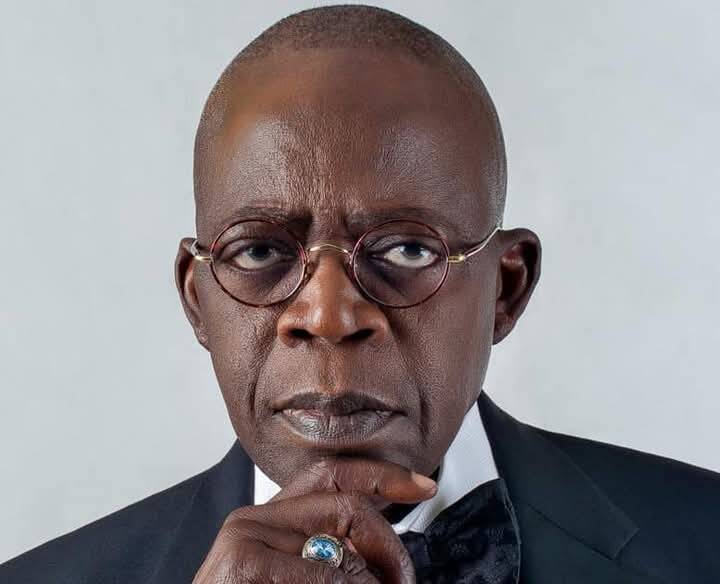President Bola Tinubu has pledged not to repeat the political overreach that once threatened Nigeria’s democracy, declaring his commitment to pluralism and democratic governance.
Speaking during a joint session with the National Assembly on Thursday, Tinubu recalled Nigeria’s past struggles with one-party dominance.
He stated that such failed efforts had set the stage for the formation of the All Progressives Congress (APC) and his eventual rise to leadership.
“The failed effort to create a one-party state placed progressive political forces on a trajectory to form the APC. It put me on the trajectory which has brought me before you today,” he said. “I dare not do such a favour to any political adversary by repeating the same mistake of political overreach.”
The president also used the occasion to highlight his administration’s economic reforms, including a sweeping tax overhaul designed to strengthen Nigeria’s economic framework.
RECOMMENDED POSTS
“To further underpin our economic vision, we introduced a comprehensive Tax Reform Package, a vital component of our economic re-engineering,” he said.
“I am deeply grateful to both chambers for your thorough consideration and deliberation of these bills, and I look forward to signing them into law soon.”
Commending the National Assembly for its bipartisan cooperation, Tinubu described the legislative collaboration on the tax bills as a ‘model of democratic partnership.’
He urged lawmakers to do more to realise the aspirations of Nigeria’s political and economic democracy, calling for vigilance in safeguarding civil liberties and expanding the democratic space.
“We must always value dialogue over dictatorship, persuasion over suppression, and rights over might. Be tolerant and broad-minded in your legislative action regarding speech and civil liberties,” he advised.
“Do not be afraid to hear an unkind word spoken against you. Some of the best advice a politician gets sometimes comes from his most ferocious opponents.”
Tinubu warned that silencing dissent could endanger democracy, noting that “the imposed silence of repressed voices breeds chaos and ill will, not the harmonics of democracy in the long term.”
